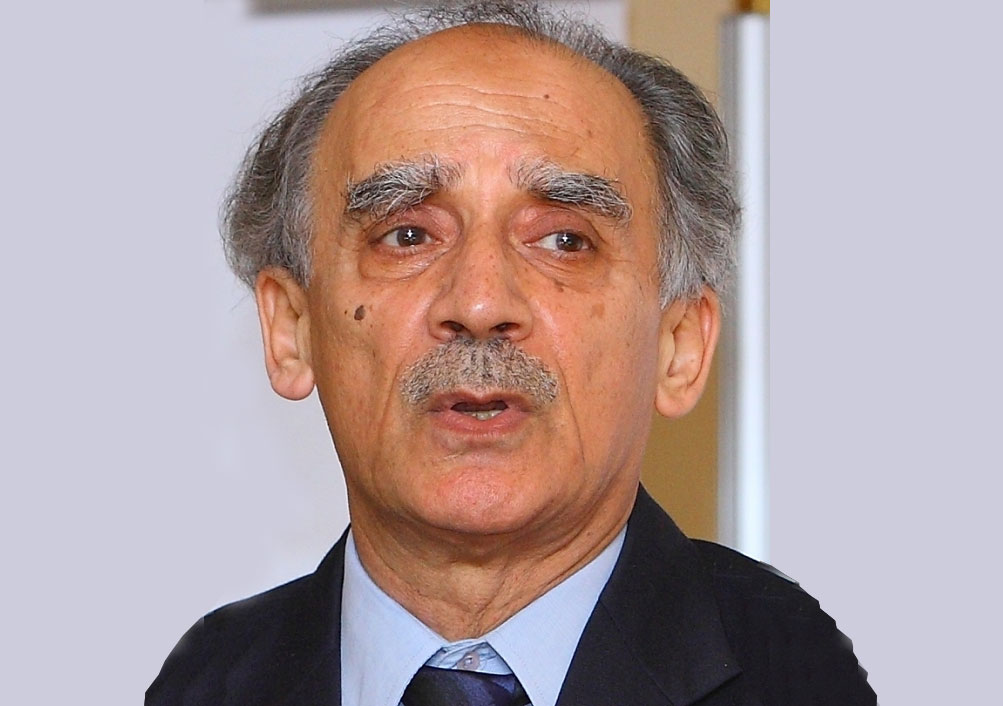Arun Shourie, NGO challenge sedition law in Supreme Court

LE Staff
New Delhi, July 16, 2021: Following the Supreme Court’s recent notice to the Centre on a plea by a retired Army officer challenging Section 124A of the IPC which deals with the offence of sedition, former Union minister Arun Shourie and NGO Common Cause have now approached the apex court against the same penal provision saying it is violative of Articles 14, 19(1)(a) & 21 of the Constitution of India.
The Public Interest Litigation expressed that sedition is a colonial law which was used expressly to suppress dissent by the British in India, and that in present times it has come to be heavily abused with cases being filed against citizens for exercising their freedom of speech and expression.
The petitioners pointed out that while upholding the constitutional validity of Section 124-A in Kedar Nath Singh versus State of Bihar, the Apex Court had read that the expression “the Government established by law” has to be distinguished from the persons for the time being engaged in carrying on the administration.
The Supreme Court in the said case had also observed that any acts within the meaning of Section 124-A which have the effect of subverting the Government by bringing that Government into contempt or hatred, or creating disaffection against it, would be within the penal statute because the feeling of disloyalty to the Government established by law or enmity to it imports the idea of tendency to public disorder by the use of actual violence or incitement to violence.
Similarly, comments, however strongly worded, expressing disapprobation of actions of the Government, without exciting those feelings which generate the inclination to cause public disorder by acts of violence, the same would not be penal, opined the Court.
The petition urged that a citizen has a right to say or write whatever he likes about the Government, or its measures, by way of criticism or comment, so long as he does not incite people to violence against the Government established by law or with the intention of creating public disorder.
The provisions of the Sections read as a whole, along with the explanations, make it reasonably clear that the sections aim at rendering penal only such activities as would be intended, or have a tendency, to create disorder or disturbance of public peace by resorting to violence, said Advocate Prashant Bhushan who appeared for the petitioners.
The petition also said that it is only when words, written or spoken, which have the pernicious tendency or intention of creating public disorder or disturbance of law and order, that the law steps in to prevent such activities in the interest of public order.
The petition therefore proposes to limit its operation only to such activities as come within the ambit of the observations of the Federal Court, that is to say, activities involving incitement to violence or intention or tendency to create public disorder or cause disturbance of public peace.
The petitioners canvassed that in ‘Kedar Nath case’ the constitutionality of Section 124A of Penal Code, 1860, was tested and upheld because faced with two interpretations of Section 124A, the court applied the Doctrine of Presumption of Constitutionality, to adopt the interpretation which could save the section.
Since then, however, the Apex Court in Navtej Singh Johar v. Union of India and Joseph Shine v. Union of India , has held that the presumption of constitutionality does not apply to pre-constitutional laws as those laws have been made by foreign legislature or body, the PIL said. Therefore, it submitted that the doctrine of “reading down” in absence of presumption of constitutionality cannot be pressed into service of Section 124A of Indian Penal Code, 1860, whose language is otherwise plain and clear.
The petition also solicited that the judgment in Kedar Nath case failed to take note of judgment of Constitutional Bench in Superintendent Central Prison v. Dr Ram Manohar Lohia wherein it was held that (a) only aggravated disturbance of ‘public order’ as opposed to mere ‘law and order’ could be used to restrict freedom of speech and expression and (b) there should be direct and proximate connection between the instigation and the aggravated disruption of public order.
The plea said it is pertinent to mention that despite reading down of Section 124 A of the Indian Penal Code in Kedar Nath Singh v State of Bihar, 1962 Supp, sedition has come to be heavily abused with cases being filed against citizens for exercising their freedom of speech and expression on the basis of the literal definition that is available to law enforcement authorities on the statute books.
The abuse of the law has been brought forth in a comprehensive database prepared by Article 14, an online news portal, which has meticulously documented all cases of sedition since 2010, said Bhushan.
In such circumstances, the petition urged that the Apex Court needs to revisit the judgment of Kedar Nath Singh v State of Bihar, and strike down Section 124 A of Indian Penal Code, 1860, as being violative of Articles 14, 19(1)(a), & 21 of the Constitution of India.
Sign up for our weekly newsletter to stay up to date on our product, events featured blog, special offer and all of the exciting things that take place here at Legitquest.




Add a Comment